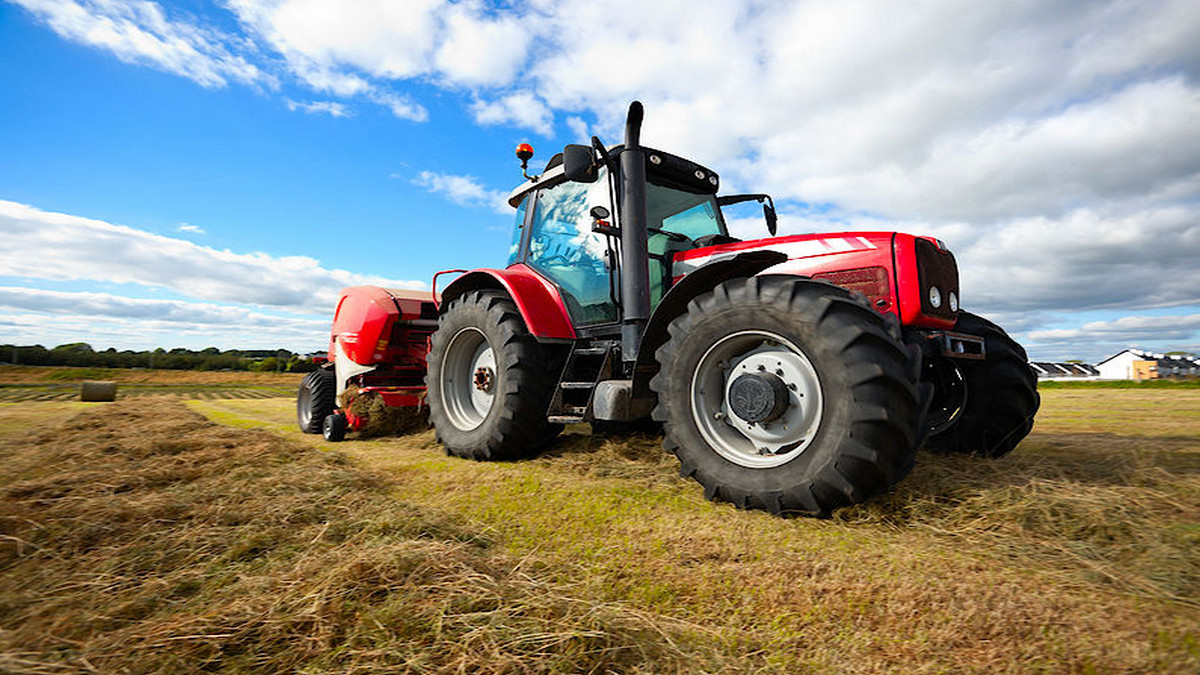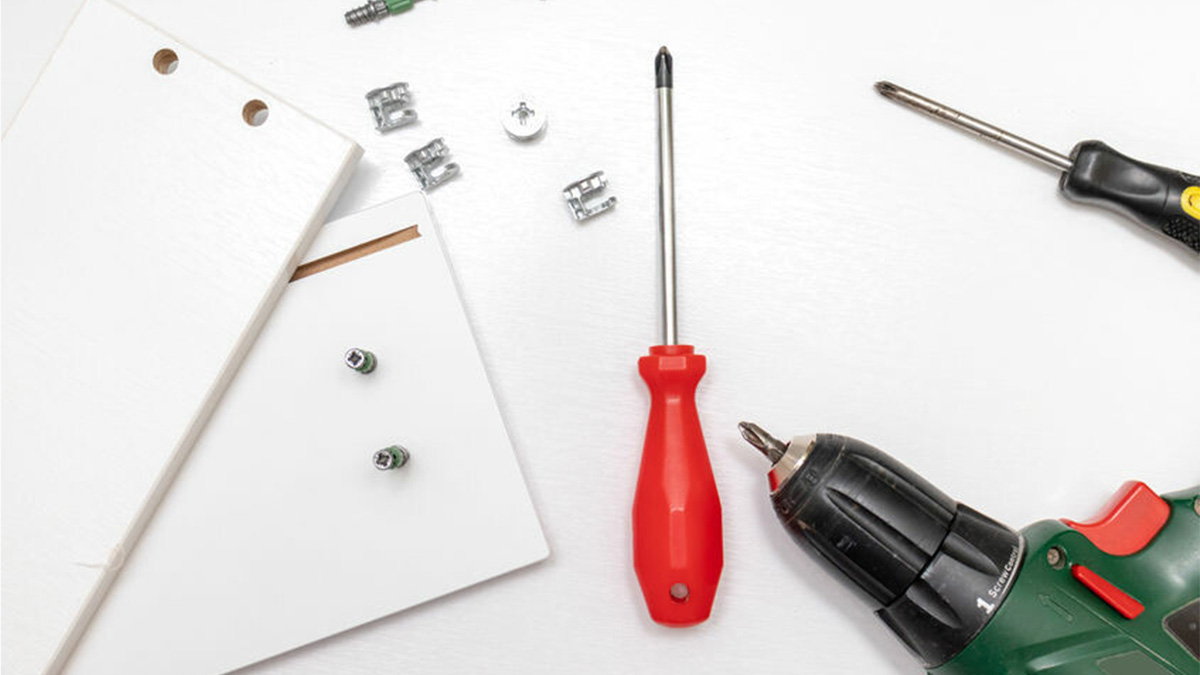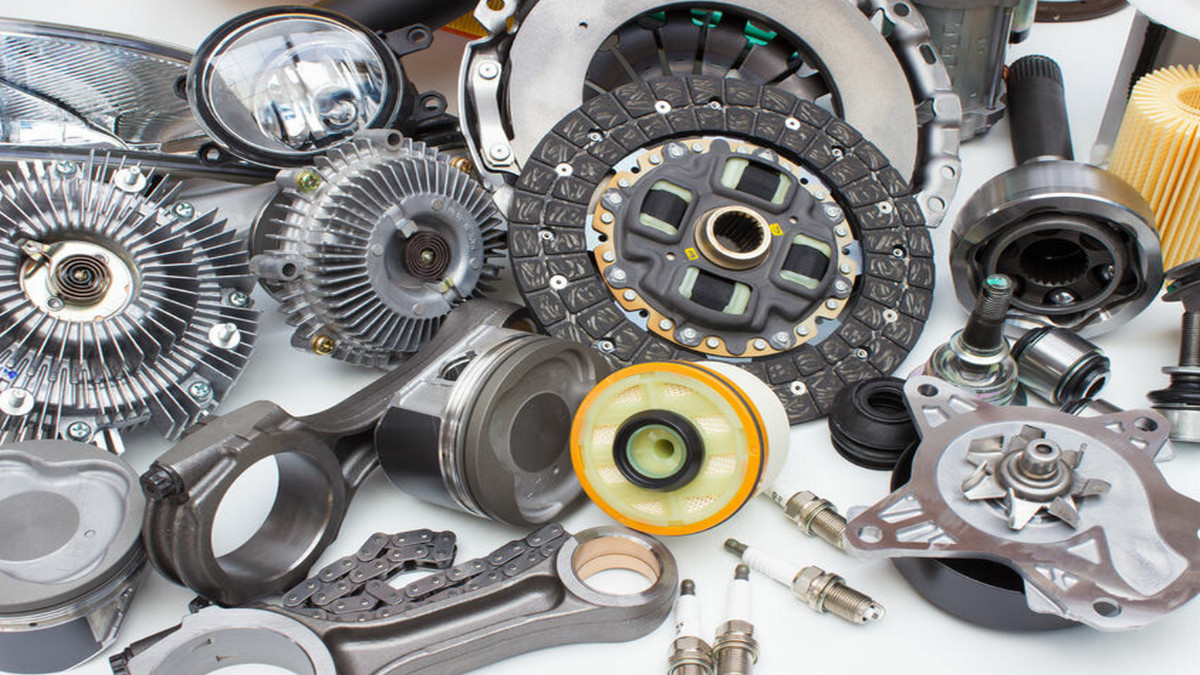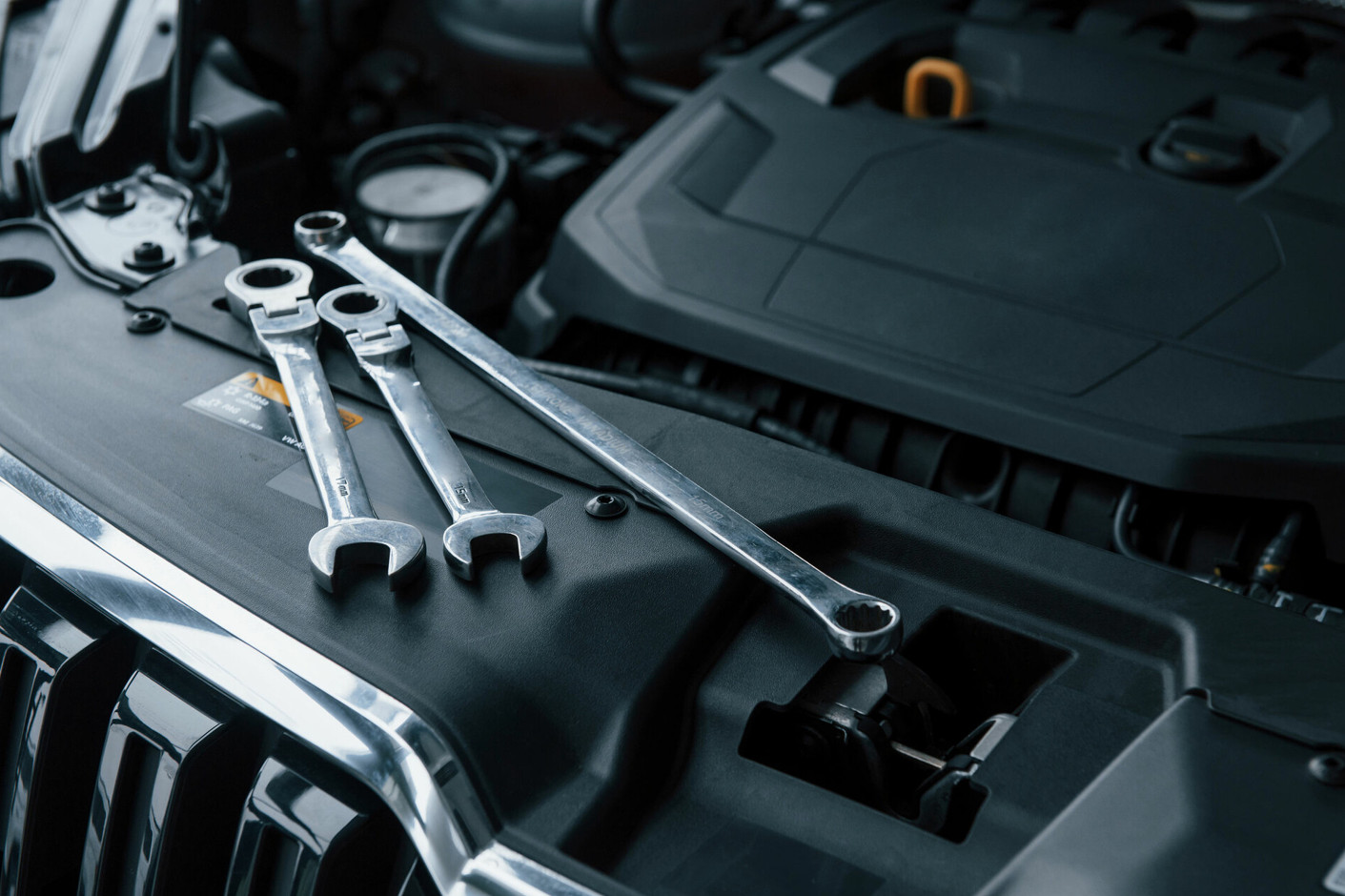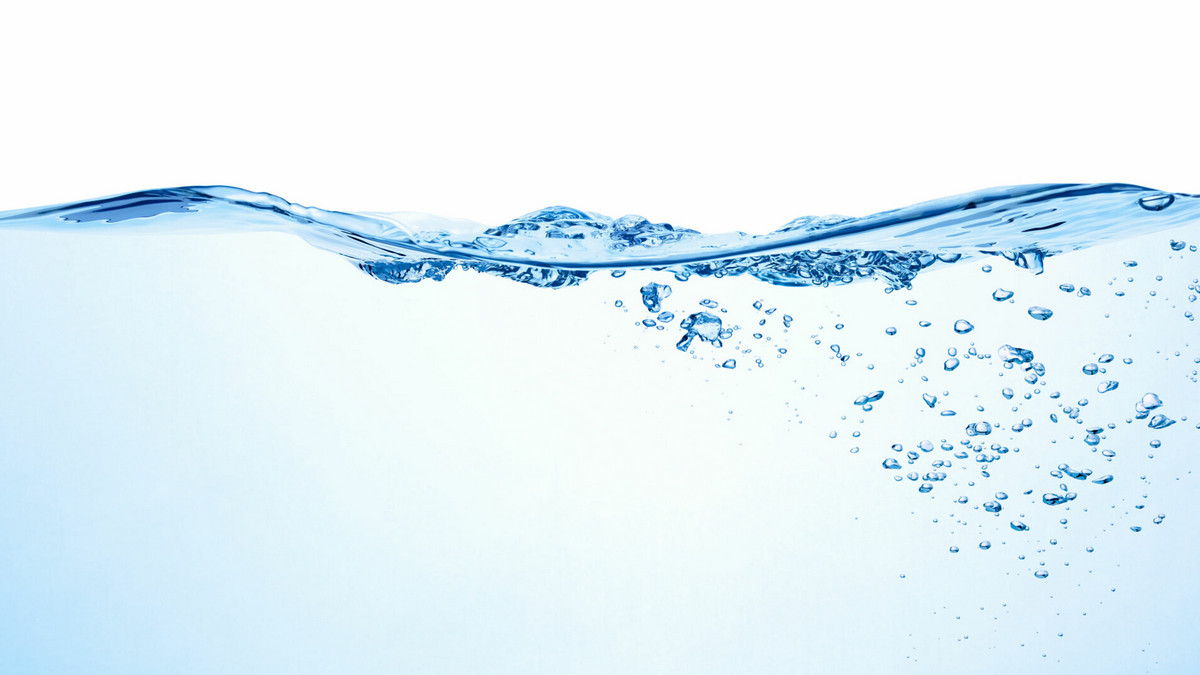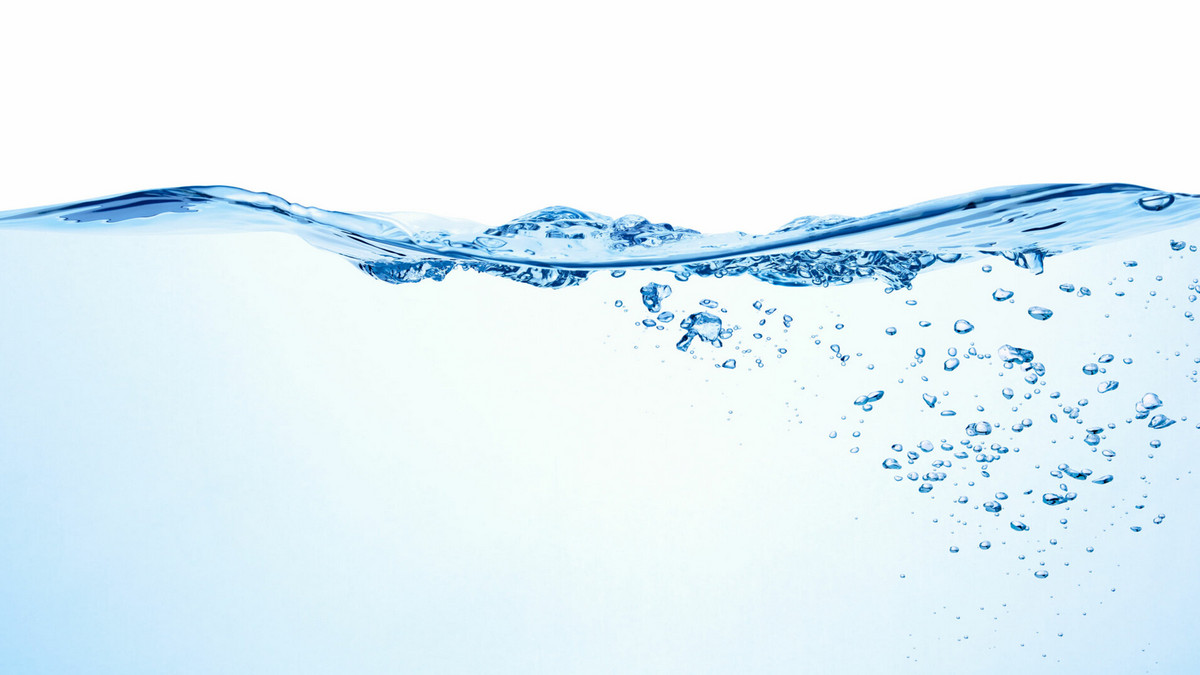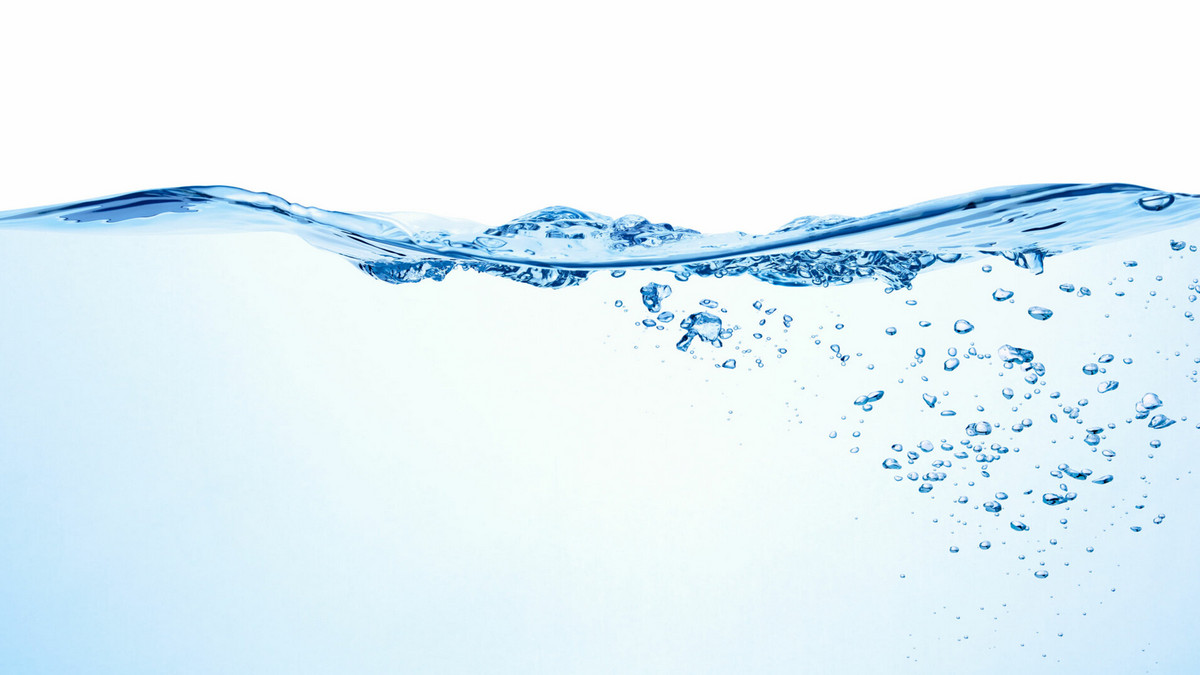The manufacture, operation, and maintenance of land, sea, and air vehicles are all covered in the power machinery industry.
What is Power Machinery?
Dynamical Machine (or power generating machine) refers to a mechanical device that converts energy such as thermal energy or chemical energy into kinetic energy for use by other machines. The term "powered machinery" refers to machinery that can be moved by its power and transmission system, wheels, or crawlers without relying on other vehicles for transportation. Power machinery is a mechanical device that converts energy in nature into mechanical energy to perform work. Power machinery profoundly affects the development of human productivity, but the noise of power machinery, especially the emissions from heat engines, has caused increasingly serious harm to human beings.
Power machinery mainly includes the steam engine, steam turbine, internal combustion engine (gasoline engine, diesel engine, gas engine, etc.), heat engine, jet engine, aero-engine, etc. Internal combustion engines are most widely used in sectors that require heavy vehicles such as industry, agriculture, transportation, mining, and ordnance. In addition, the structures of vehicles (ships, vehicles, aircraft), small power generation devices, etc. also use internal combustion engines as power. The difference with the motor is that the motor is a general term for a conversion device between mechanical energy and electrical energy.
- Powertrain Technology
- Mechatronics Technology
- Opto-Mechatronic Assembly Technology
- Microsystem Technology
- Precision Machinery Technology
Classification and Definition of Power Machinery:
- Ordinary power machinery: Power machinery with a total weight of less than 42 metric tons and whose overall length, width, and height meet the size limits of large trucks.
- Heavy-duty power machinery: Power machinery with a total weight of more than 42 tons but less than 75 tons, or a powerful machine with a total length, width, and height of fewer than 42 tons that is limited by the size of a large truck.
- Large heavy power machinery: Power machinery with a total weight exceeding 75 metric tons.
Power Machinery (parts) Cleaning Method:
- Organic solution degreasing:
To prevent the alkaline solution from strongly corroding precision parts such as high-pressure oil pumps and fuel injectors, organic solvents can generally be used for cleaning. Organic solution refers to gasoline, kerosene, diesel oil, alcohol, trichloroethylene, etc. Its main advantage is that the method is simple, does not require heating, and is suitable for cleaning precision parts and parts that are not suitable for cleaning with alkaline solutions, such as copper, aluminum, plastics, etc., felt parts, etc. However, organic solvents are expensive, flammable, and cause a waste resource, so they are not suitable for popularization and application.
- Alkaline solution degreasing:
For the removal of animal and vegetable oils and mineral oils on the surface of parts, a small amount of emulsifier can be added to the alkaline solution, and the saponification of the oil by the alkaline solution can be used to remove oil.
- Metal cleaning agent degreasing:
Alkali solution has a strong corrosive effect on aluminum alloy, while the organic solution is expensive, so when repairing many aluminums alloy parts, a metal cleaning agent should be used to remove oil. Its main advantages are non-toxic, odorless, non-flammable, non-corrosive, low volatility, safe to use, strong decontamination ability, low cleaning cost, and energy saving. It has been widely used by the majority of operators and agricultural machinery maintenance factories. But its disadvantage is that the cleaning effect at room temperature is poor, and it is more irritating to human skin. When cleaning parts, it is necessary to fully choose according to the material and dirt accumulation characteristics of the parts. If there is a heating condition, choose a high-temperature cleaning agent, and use a low-temperature cleaning agent for manual scrubbing.
- Remove carbon deposits
- Remove the scale:
Due to the deposition of mineral salts, the cooling system will form a scale, which will affect the heat dissipation of the cooling system, so the scale must be removed regularly.


